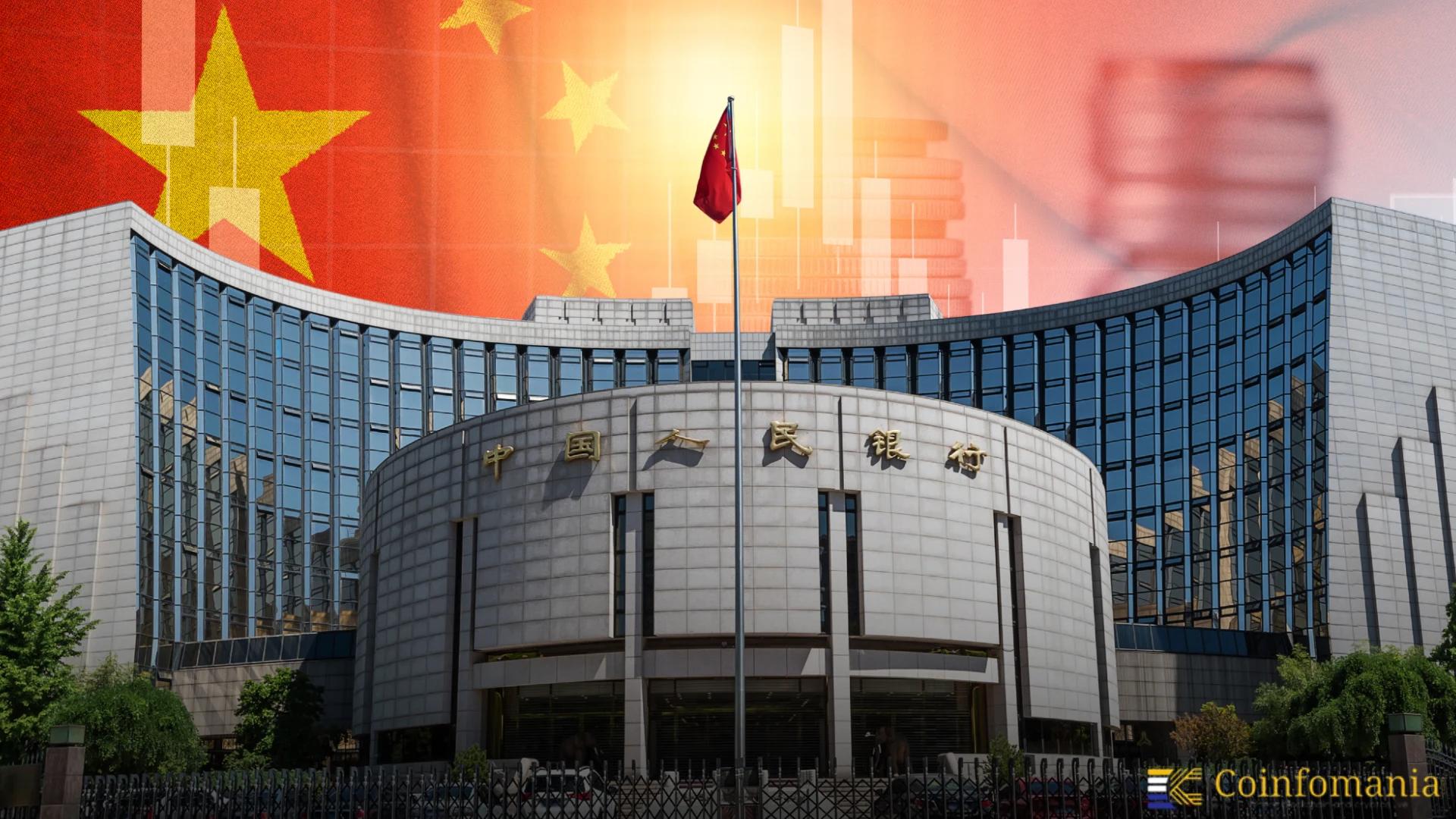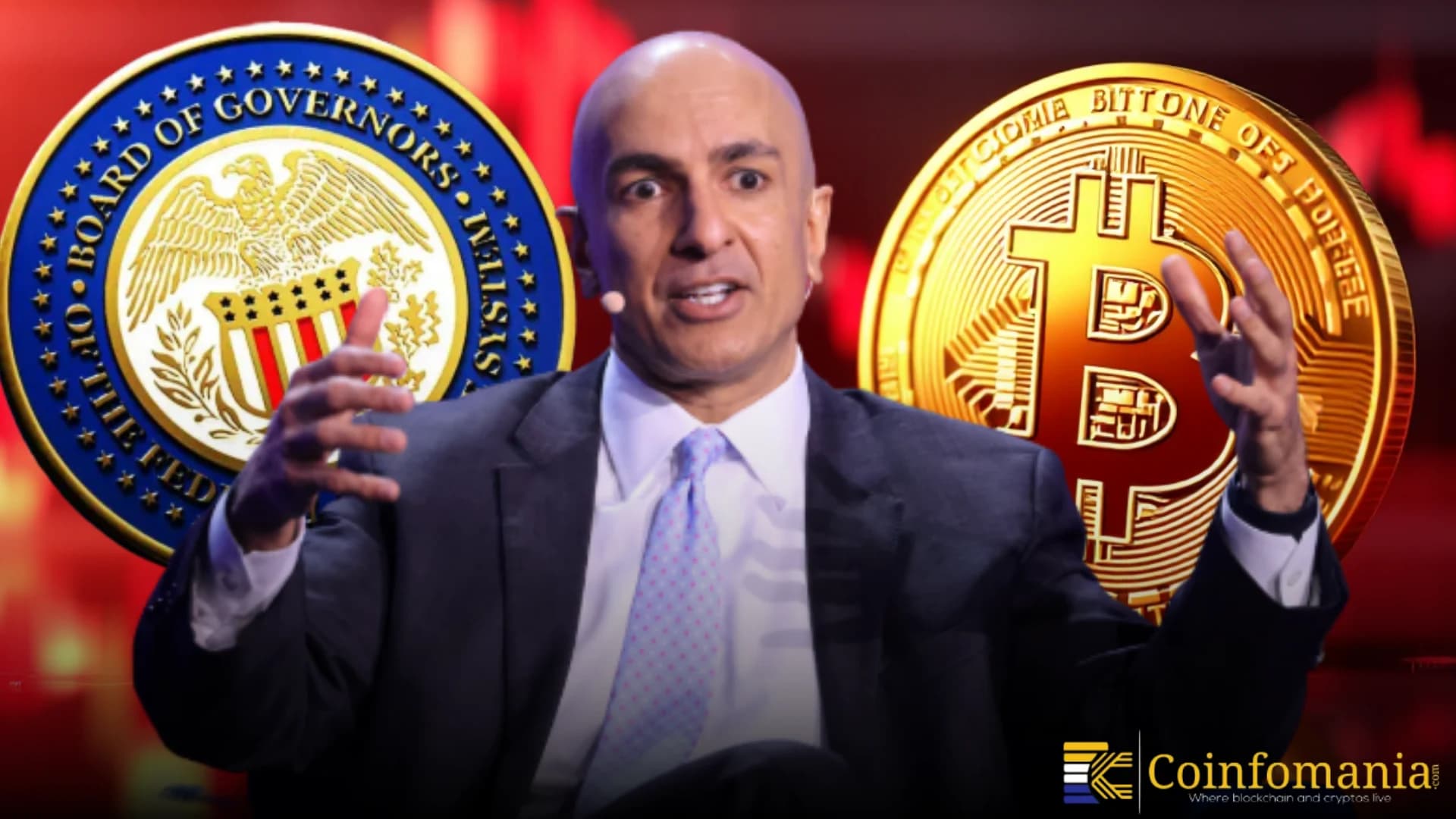China’s Central Bank Warns Stablecoins Threaten Global Finance
China's central bank warns stablecoins pose a risk to global financial stability and financial crime due to lax AML/KYC.

Quick Take
Summary is AI generated, newsroom reviewed.
PBoC Governor Pan Gongsheng raised concerns over stablecoins at the 2025 Financial Street Annual Meeting.
Stablecoins are accused of amplifying global financial weaknesses and facilitating money laundering and terrorist financing.
China reaffirmed its zero-tolerance policy against virtual currencies, maintaining its 2017 ban on trading and mining.
The PBoC prioritizes financial stability and its digital yuan (e-CNY) over speculative, unregulated digital assets.
China’s central bank has sounded the alarm over the growing risks of stablecoins. It warns that they could weaken global financial stability. Also, undermines the sovereignty of smaller economies. Speaking at the 2025 Financial Street Annual Meeting in Beijing, Pan Gongsheng, Governor of the People’s Bank of China. He said that stablecoins and digital assets are pegged to fiat currencies like the U.S. dollar. It has created new vulnerabilities in the global financial system.
Stablecoins Raise Global Concerns
Pan noted that international regulators are increasingly cautious about stablecoins. He referenced discussions at the recent IMF and World Bank Annual Meetings. In Washington, D.C. where global finance ministers and central bank governors voiced similar concerns. According to Pan, stablecoins often fail to meet anti-money laundering and customer identification standards.
Consequently, this, he said, creates loopholes that allow illegal fund transfers, terrorist financing and money laundering to flourish. “Stablecoins have amplified weaknesses in the global financial system,” Pan said. It warns that unchecked growth could “increase market speculation and expose developing economies to monetary risks.”
Beijing’s Firm Stance on Crypto
Pan also reaffirmed China’s zero-tolerance policy toward virtual currencies. Since 2017, China has banned crypto trading, mining and exchange operations. It cites risks to financial security and consumer protection. “The People’s Bank of China will continue to work with law enforcement to crack down on the operation and speculation of virtual currencies,” Pan stated.
“Our goal is to maintain economic and financial order.” Thus, his remarks make clear that China’s strict crypto policies remain unchanged. Even as global interest in digital assets continues to grow. The PBoC, he added, will keep monitoring developments in foreign stablecoin markets to assess potential threats to domestic stability.
Promoting Regulation Over Speculation
While the central bank recognizes that virtual assets and blockchain technology have potential. Pan emphasized that these innovations must operate within strict regulatory boundaries. He said stablecoins, despite their popularity, are still in their early stages of development. These need better governance before they can be safely integrated into the financial system.
Pan’s comments echo China’s broader vision of prioritizing financial stability and sovereign control over speculative innovation. Instead, the PBoC is focusing on the digital yuan (e-CNY), a government-backed alternative aimed at offering the benefits of digital payments without the risks of private cryptocurrencies.
China’s Message to the World
Analysts say Pan’s remarks reflect China’s desire to shape the global conversation on crypto regulation. Indeed, as many nations move to integrate digital assets into traditional finance. Beijing continues to warn that doing so without proper oversight could destabilize markets. Currently, China’s message is firm: stablecoins are not a safe path forward. The PBoC intends to protect its financial system by tightening control and ensuring. That innovation does not come at the expense of global or domestic stability.
Follow us on Google News
Get the latest crypto insights and updates.


